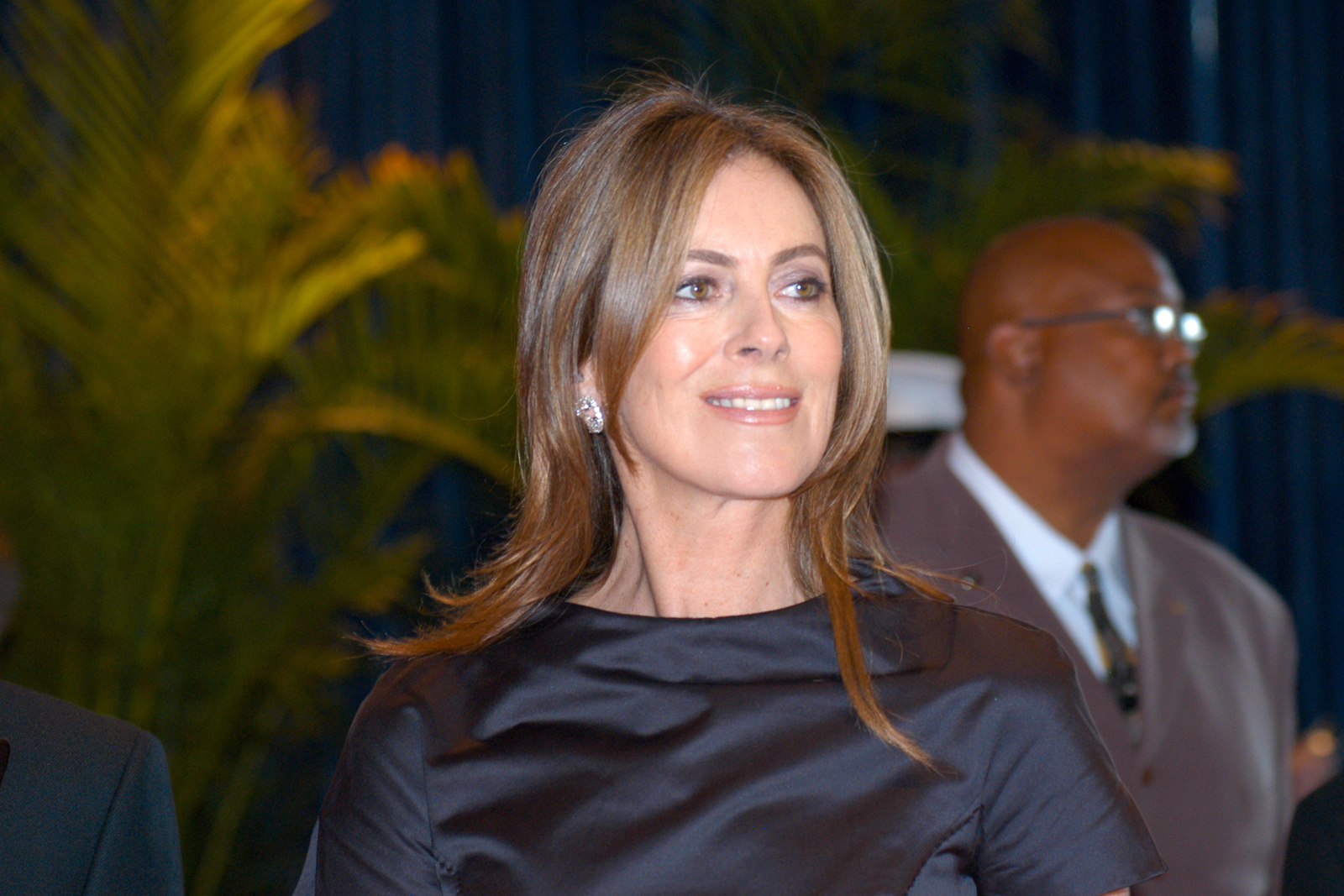
If you were to catch the average moviegoer outside the theater after a screening of action hits like The Hurt Locker or Zero Dark Thirty and tell them who directed it, they might be surprised to be told it was Kathryn Bigelow. Action films, stereotypically regarded as “guy” movies, were long the domain of male directors catering to a largely male audience. Yet the only woman to win an Academy Award for Best Director does not consider herself a “female filmmaker,” just another practitioner of a craft with a long and noble tradition.
Her creative journey began at the San Francisco Art Institute in 1970, where she received a Bachelor of Fine Arts degree in 1972. She pursued an independent study program in New York City during that time, living with other artists and partnering in a real-estate renovation venture before earning her master’s degree from the film program at Columbia University. Bigelow later taught at the California Institute of the Arts and Columbia University.
In 1981, she debuted her first full-length feature The Loveless, a biker film which provided a young Willem Dafoe with his first starring role and launched her career as a director and writer. Her filmmaking efforts continued through the 80s and 90s, where she showcased her ability to manipulate movie conventions and genre expectations while meeting the market demands of the mainstream film industry.
In spite of her decades of successful filmmaking, critical acclaim did not come in earnest until the release of The Hurt Locker in 2008, which drew rave reviews and lead to her receiving an Academy Award for Best Director - the fourth woman in history to be nominated for the award and the first to receive it. She released Zero Dark Thirty in 2012, which also received numerous Academy Award and Golden Globe nominations, and most recently Detroit in 2017, which garnered a NAACP Image Award.
Still, the groundbreaking director, writer, and producer considers herself to be “a filmmaker, full stop.” In an interview with MORE Magazine, she replied to a question about her view of gender with: “A filmmaker is a filmmaker. I tend not to look through a lens that is bifurcated in respect to gender or anything. But if what I do can serve for one person—let’s say I can be a kind of role model for other women directors to prove that if you’re tenacious enough, you can achieve what you have in your sights—then I’m proud to carry that mantle.”
